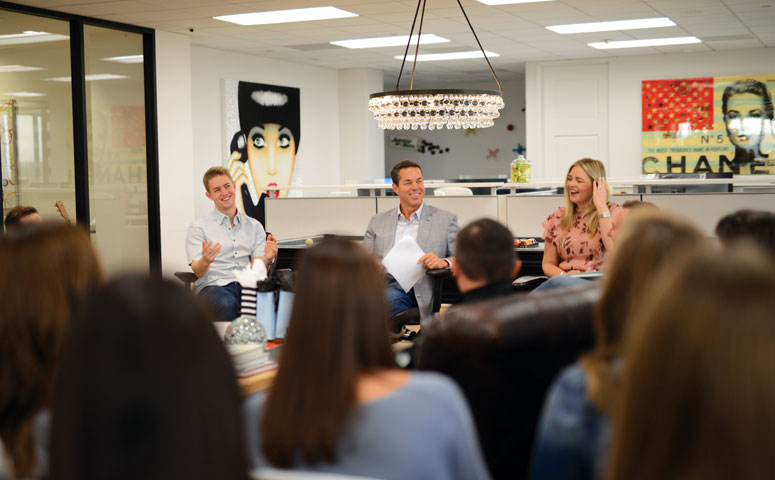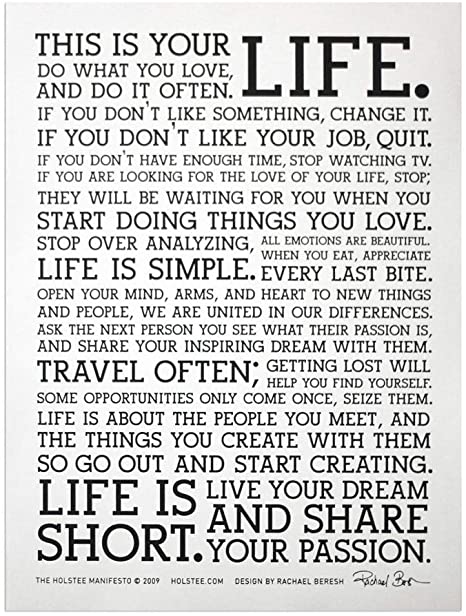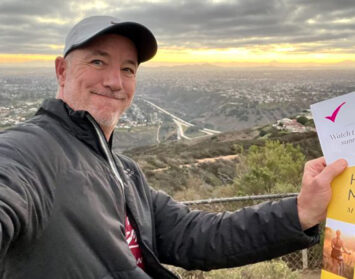Employees will eventually get back to work, but they won’t be going back to the way it was
By John Jarvis
I have a theory. I actually have lots of theories. My friends find it mildly annoying and sometimes entertaining. This theory is about “The Great Resignation.”
Some pundits are saying that the Great Resignation is reflecting a shift in the balance of power from employers to employees, and about getting employers to step up and pay a “fair” wage. And while it may be part of the story, for me, this isn’t satisfying as an explanation. I think there is something else going on here, something more fundamental.
To remind us all of the obvious—we have been through something profound and unprecedented, at least unprecedented in our lifetimes. In March of 2020 the world stopped going to work. We didn’t all stop working, but we definitely stopped going to work. Initially we thought it was going to be over in a few weeks or maybe a few months, and then it lingered. Now, as I write this in October of 2021, many of us are still living through this grand work-from-home experiment.
I believe that this forced and prolonged disruption of our daily routine—amidst a global pandemic with widespread and seemingly indiscriminate loss of life—has allowed each of us to see things in a new light, or maybe to see things for the first time. As the cacophony of our prior, harried existence suddenly stopped, like someone cut the power to the global Marshal stack, we all found ourselves in a sudden silence, no sound at all but the ringing in our ears. And in the prolonged pause I think many of us have begun to consider things in a new way, like all of our past choices, and the lives we have been leading and the meaning of it all. I believe that the Great Resignation is about a burning need to find meaning in the struggle. I believe that meaning-making is at the heart of the Great Resignation.
The Stoics use a wonderful phrase, Memento Mori, which means “Remember we die.” And while this may sound morbid, it is actually anything but. Because the intention in remembering that we die is to remember that we are very much alive today, and that we have the power to choose how we are going to use this gift, this gift of another day. Life is short, and so precious. Suddenly our old lives feel like a Faustian bargain, with long commutes to jobs that we only kind of enjoyed, some of the time, because they paid us, and we needed the money. Should we be surprised that many or most of us are now reluctant, in this moment, to dive straight back into the old model?
This is a moment in time, and it will be temporary for most, because we still need money, and we want to engage and we enjoy being productive. Most everybody will choose to get back to work soon. The key word being “choose,” because we have been reminded that like Dorothy in the Wizard of Oz, we have had the power all along, the power of choice.

If I am right about this, then I believe the best strategy for business leaders to hold on to great employees will be to tap into the humanity of our shared experience, to acknowledge what we have all been through together and to help one another in this meaning-making moment. How will it feel when your CEO calls you simply to ask how are you doing? How will it feel when they tell you that they have missed you, that they miss your smile, and your ideas? Maybe they will ask you, for the first time, what is your dream for the future? Maybe they will say, for the first time, I have an idea, let’s work together to make that dream come true.
I once wrote an article titled Transactional Relationships and the Currency of Trust, about the limits of transactional thinking and the power of trust to supercharge our relationships. At the risk of being too soft, I would say that this moment feels to me more like Transactional Relationships and the Currency of Love, because love is the way forward. Trust and love are really just two sides of the same rare coin. To be clear, I am not talking about unconditional love here—employees have a job to do, a job that they are paid to do, and we all have to perform in our various roles. It is just that we would rather spend our time with people who see us, with people who get us, with people who challenge, encourage and support us. That sounds like love to me.

This idea isn’t new. The Holstee Manifesto was written in 2009. If you don’t know the story, Holstee is a company created to sell environmentally conscious products, like tee shirts made from recycled plastics. I am sure they have sold quite a few of those tee shirts, and I am also confident that their mission statement, or their Holstee Manifesto, is far and away their number one seller. I bought an even dozen of the posters, to hang on my wall and to give to my kids and to share with our teammates. Here are the first three sentences: “This is your life. Do what you love, and do it often. If you don’t like your job, quit.” So yeah, this idea isn’t new, but what is new is that suddenly everyone is thinking these thoughts. Everyone. We are in the long tail of meaning-making.
The Great Resignation isn’t about quitting. Instead, it is simply a widespread pause, while we all consider what we want from the rest of our days after the pandemic, both at home and at work. Because we aren’t going back. No way. Not after the clarity of insight we have been gifted in the silence. We will get back to work, and we will be moving forward. We are going to do great things. This moment is actually a massive opportunity for the business leaders who tap into all of this, those leaders who find a way to harness the humanity of what we’ve been through and lean into what comes next.
Onward!
John Jarvis is a managing director at Hughes Marino, a global corporate real estate advisory firm that specializes in representing tenants and buyers. Contact John at 1-844-662-6635 or john@hughesmarino.com to learn more.











